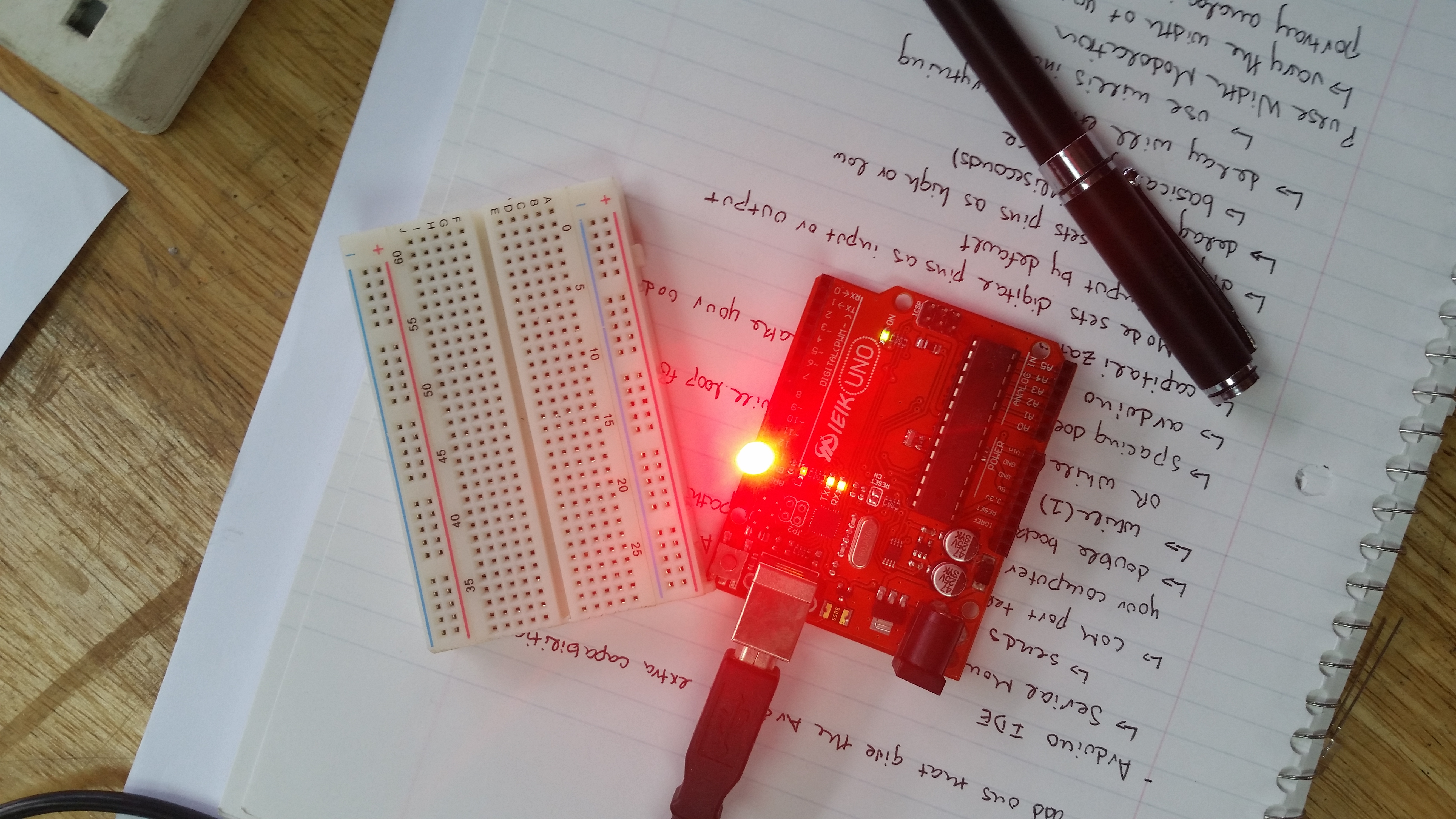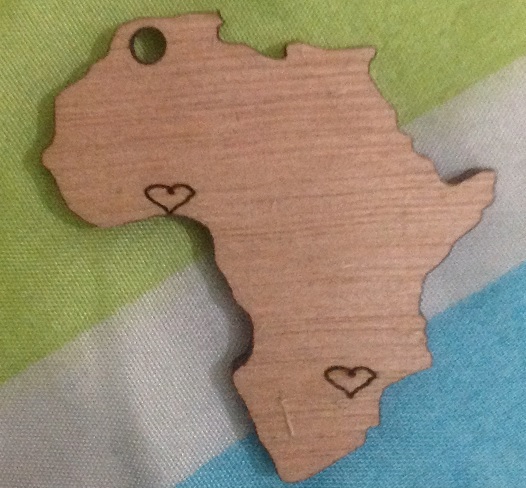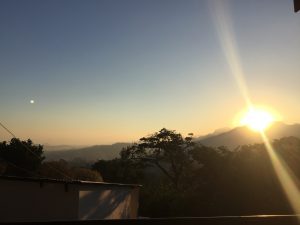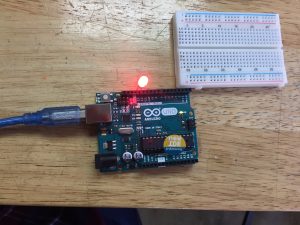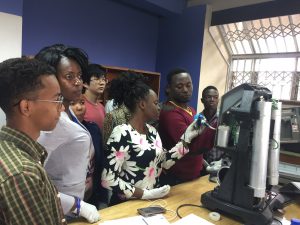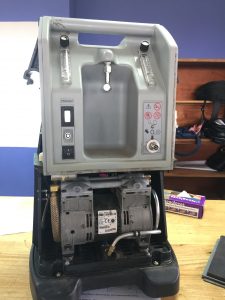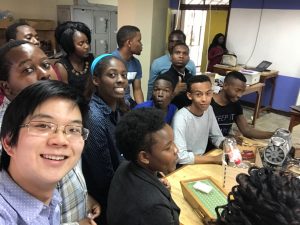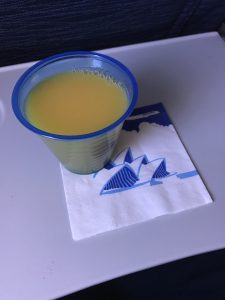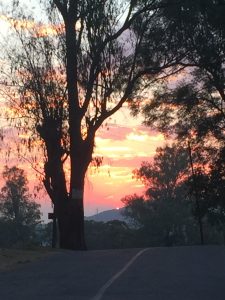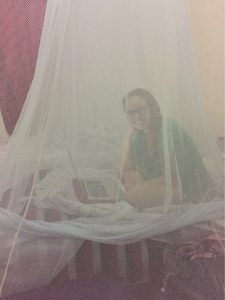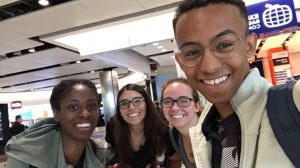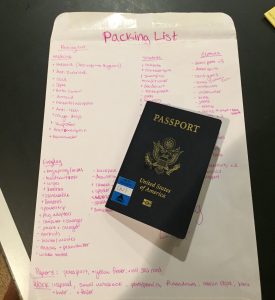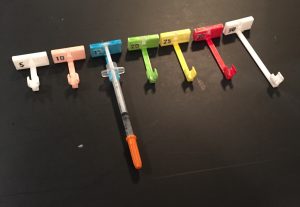The journey of six weeks internship started with lot of fun. the first week we got introduced to our fellow interns from Rice University. What amazing team they are. we had a chart from which we had to learn each other first thereby creating an open and exciting environment for working. we were then introduced to the process of engineering design and worked on basics of arduion and soldering. we were also introduced to the machines available in the Polytechnic studio such as laser cutter, 3-D printer and C.N.C. Afterwards, we were introduced to the machines that are available in the hospitals and how they function. The week ended by assignment of teams with various projects and i was teamed up with Naod Araya to work on project that aim at production of compressor cup seal ( for O2 machines).
The second week was all about travelling to various hospitals. we visited four hospitals; Q.E.C.H, Thyolo , Mulanje, Chiradzulu and Zomba Central Hospital. The trips were aimed at finding out more about the projects we are to work on for the remaining 4 weeks and appreciate their importance. Information was gathered by questioning the nurses and biomedical technicians from all the hospitals. there is so much desired indeed but the trips were so successful and looking forward to start working the gathered information
It was not work throughout. we had a lot of fun. in the first week Saturday, we had a birthday party of one of Poly interns at our place(poly hostels). Second weak on Friday, the Rice interns invited us to their place and throw us a party where they also cooked for us various American foods. During our trips we had to stop by different scenic beauty places such as Chawe inn, Hapuwan and thyolo tea plantations to appreciate the nature and take some pictures
